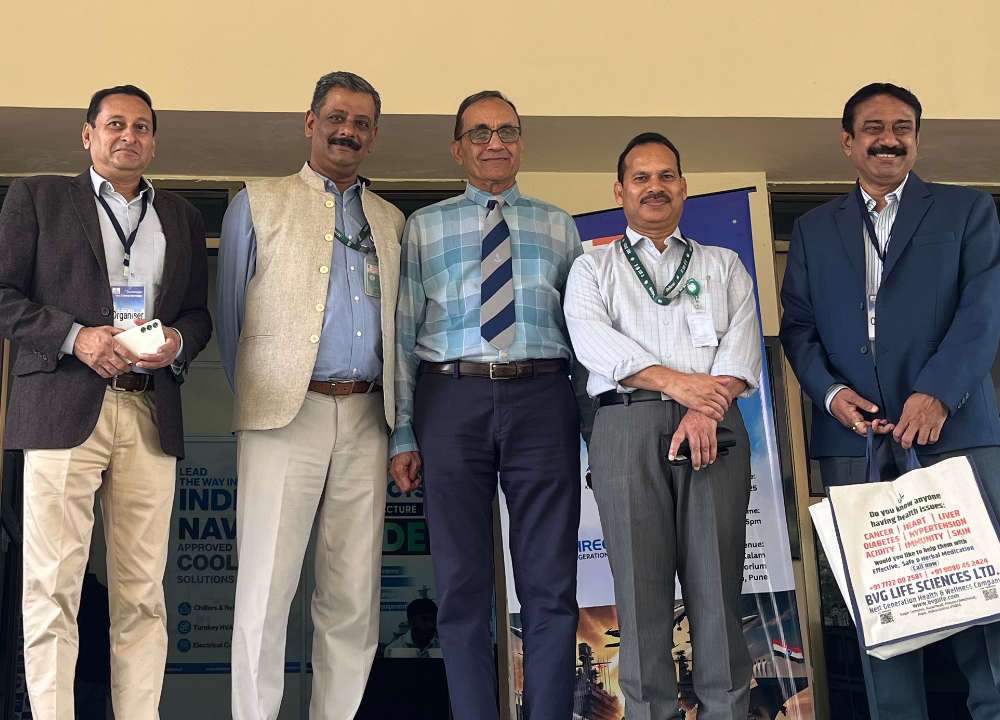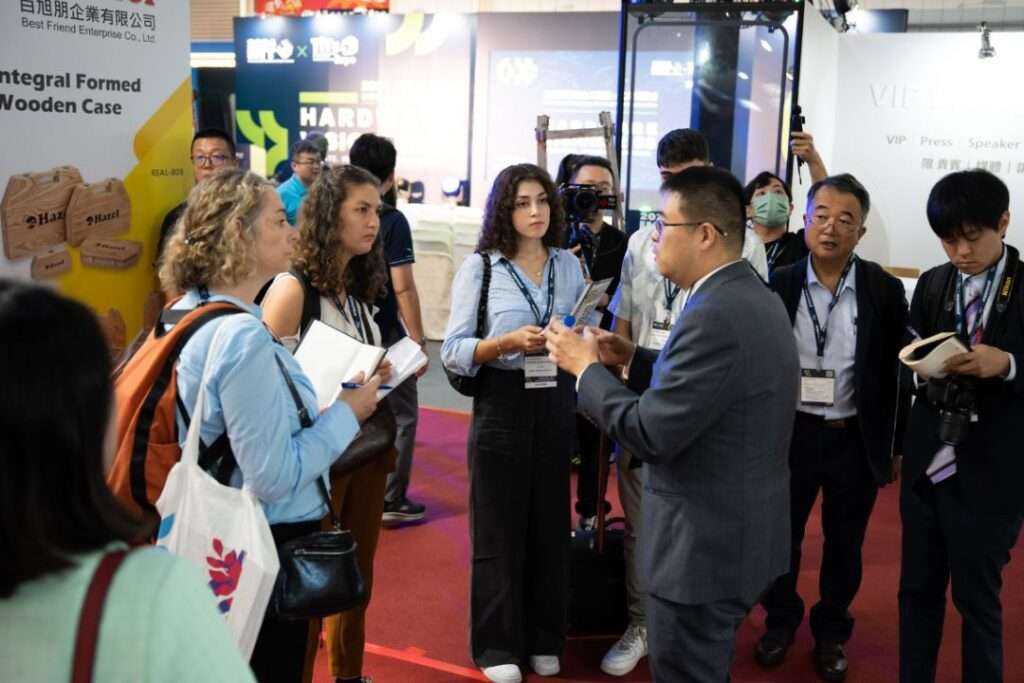Chennai-based Madras Engineering Industries (MEI) Pvt Ltd, a prominent auto parts manufacturer with annual revenues exceeding $100 million, is advancing plans to achieve green certification for all its products. This move follows its recent success in securing green certification for its iron castings.
MEI is now among the select group of suppliers providing fossil-free auto parts to the Swedish auto giant, Volvo Group Trucks. The company is preparing to deliver fossil-free ferrous castings to Volvo’s global factories starting in the first quarter of 2025, a move expected to reduce Volvo’s CO2 emissions by 12,400 tonnes annually.
Volvo Group began sourcing fossil-free castings from India in 2022 as part of its goal to achieve climate neutrality by 2040. MEI, along with Rane and Brakes India, is one of the three Indian auto parts manufacturers certified to supply fossil-free components to Volvo Group.
Sustainability Drive
Priya Sriram, Managing Director of Madras Engineering, highlighted the challenges of implementing a green transformation in a foundry. She noted that while it would have been easier to start with the machining division, tackling the foundry first has set the stage for broader green initiatives across the company. She commended her team for their dedication to producing fossil-free castings and their commitment to building a fossil-free company.
Sriram Sivaram, Joint Managing Director of Madras Engineering, underscored that sustainability has always been a core value for the company. He explained that in India, there is a cultural mindset of viewing waste as a resource, which is deeply ingrained at Madras Engineering. He likened sustainability to quality, suggesting that just as zero defects lead to higher productivity and lower costs, creating sustainable products adds long-term value. While the initial costs are high, the benefits—such as continuous renewable energy, lower operational expenses, and enhanced employee pride—make the investment worthwhile. “As we expand, these investments will only become more sustainable, driving both financial and environmental returns,” he added.
Madras Engineering has been collaborating with Volvo since 2019, overcoming challenges posed by the Covid-19 pandemic. Sivaram described the partnership as a valuable exchange of expertise, where both companies have learned and grown together.
“Foundries are often perceived as polluting industries, making sustainability efforts particularly challenging. However, Madras Engineering has made significant strides toward creating a cleaner environment for its workers and the surrounding community. This aligns with our broader sustainability goals and is essential for achieving our targets. Collaborations with suppliers like MEI are vital in this journey,” said Mark Bamber, Head of Circularity & Remanufacturing at Volvo Group, during a visit to MEI’s factory near Chennai.
Looking ahead, MEI aims to secure green certification for all its products, ensuring that every part of its manufacturing process is sustainable. The company has set an ambitious goal to achieve carbon neutrality by 2030, which includes phasing out diesel from its backup power systems, deploying 100% electric forklifts across all units, and transitioning to electric vehicles for logistics. “Achieving 100% renewable energy use from the current 95% is a challenge, especially with storage limitations, but we are committed to making it happen,” Sivaram added.








